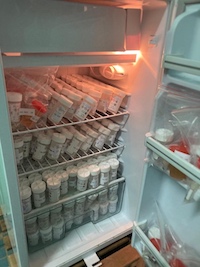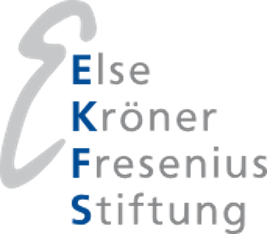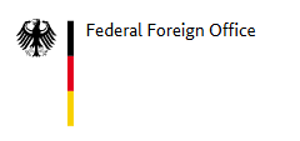Novel approaches for the management of chronic forms of schistosomiasis: the identification of adapted tools through the Madagascan example - NAMASTE
Among the neglected tropical diseases (NTDs), schistosomiasis ranks top in terms of disability-adjusted life years (3.3 million DALYs), with more than 230 million people infected and 600 million being at risk of infection. More than 90 % of those requiring treatment for schistosomiasis live in Africa, where both intestinal and urinary forms of the disease occur. The main public health impact of Schistosoma infections is associated with chronic evolutions of the infections leading i.e. to hepatic inflammation that progresses to advanced hepatic disease or to urogenital conditions such as Female Genital Schistosomiasis (FGS) impacting on the fertility and on the predisposition to other gynecological disorders as consequences of S. mansoni and S. haematobium infections respectively.
NAMASTE (Novel approaches for the management of chronic forms of schistosomiasis: the identification of adapted tools through the Madagascan example) has the overall objective of improving the management of chronic forms of schistosomiasis identifying adapted strategies for the detection of the disease in poor resources settings and novel diagnostic and prognostic biomarkers for the disease.
Partners:
University of Fianarantsoa, University of Antananarivo, Centre d’Infectiologie Charles Merieux (CICM)
@BNITM Lidia Bosurgi - Dewi Ismajani Puradiredja - Eva Lorenz - Anna Jäger
Funding:
German Center for Infection Research (DZIF)
Duration:
January 2021 - December 2025
















